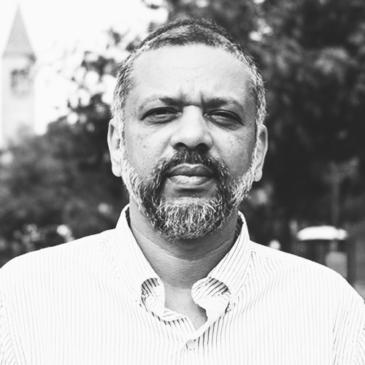Research from Cornell's New Conversations Project shows that despite 25 years of sustainability efforts through codes of conduct, factory auditing, and remediation, there has been little improvement overall in labor conditions throughout global supply chains, Yet the research also demonstrates that sustainable improvement occurs under certain conditions, especially when companies integrate their sustainability practices with their sourcing practices. While many organizations have already begun to do this, the COVID-19 crisis has hastened the process, forcing companies to reexamine their supply chains and reconfigure relationships among buyers, suppliers, and workers.
These live sessions are broadly focused on answering the following questions: How can sustainable improvements in working conditions be made in today's business world with its rapid reorganization of supply chains? What factors limit an organization's abilities to integrate sourcing and sustainability strategies? How will global companies in apparel and other sectors navigate the necessary changes in relationships with suppliers and workers? In this live interactive online series, you'll explore how rigorous analysis of supply chain data and evidence-based decision making can be scaled up to produce better labor practices, informed sourcing decisions, and responsible business strategy.
You are required to have completed the following courses before taking this course:
- Public Regulation of Human Rights
- Private Regulation of Human Rights
- Improving Regulation of Human Rights
Session 1: Thursday, October 17, 2024, 10:00am - 1:00pm ET
- 25 Years of Codes of Conduct: Data on Failures and Successes
- What have we learned from 25 years of codes of conduct and auditing? What does new Cornell research show and what are the key problems that limit effectiveness? What have been the causes of failure? Why is private regulation generally ineffective? How do we reorganize programs to address the root causes? In this session, you will explore what comprehensive new research on the effectiveness of corporate codes of conduct and monitoring systems means for global brands. The session will also delve into the dynamics — practice multiplicity, behavioral invisibility, and causal complexity — that prevent labor programs from seeing what works.
Session 2: Friday, October 18, 2024, 10:00am - 1:00pm ET
- Improving Private Regulation for the Future
- In this session, we will focus on what companies can do to improve their private regulation programs as well as how the entire ecosystem needs to alter their practices to generate systemic improvement. We will address questions such as: What is the best way to align sourcing and compliance strategies inside companies? How should labor and sourcing be linked in practice? How can you measure and track improvements in labor and sourcing practices? More broadly, what works to improve outcomes for workers in global supply chains? How can the evidence support systemic changes in labor and human rights programs? And how do these efforts align with new hard-law developments in Europe such as the mandatory due diligence legislation?



